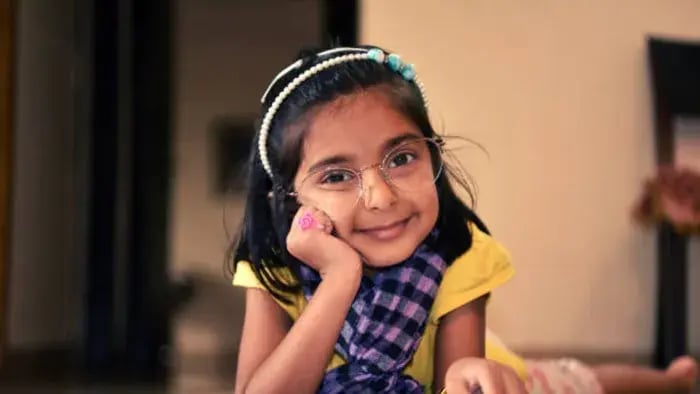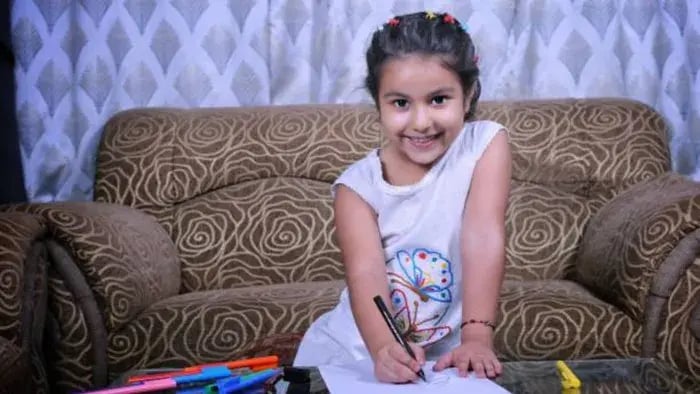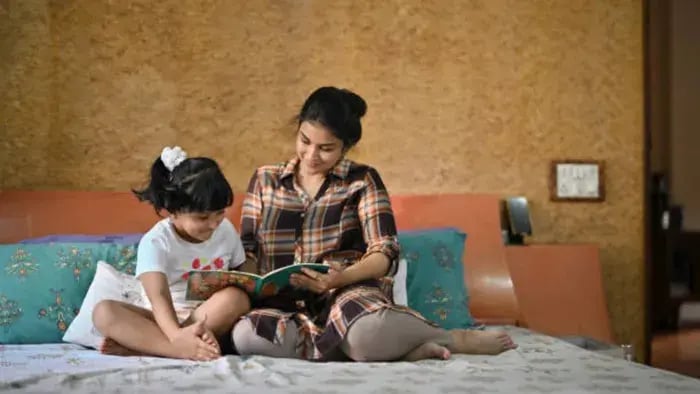- Curious
- Help
- Idea
- Listen
- Try
- Proud
- Respect
- Learn
- Thank You
Introduction

Words are important, especially for little ones who are just beginning to figure out the world. When kids have a big vocabulary, they can express their thoughts, needs, and feelings more clearly. This helps them do better in school and everyday conversations.
Building vocabulary isn’t about using long words; it is about helping kids feel comfortable with the words they hear, speak, and read every day. Simple words used in the right way can spark imagination, strengthen relationships, and open up learning in all subjects, from storytelling to science.
Introducing new words in fun and meaningful ways, like through games, stories, songs, or daily conversations, can make language learning part of their daily routine. Kids who grow up with a wider range of words tend to ask more questions, share more ideas, and feel more connected in group situations.
Starting early makes a big difference. As vocabulary grows, so does a child’s ability to follow instructions, make friends, and handle new situations with ease. Helping kids explore everyday words gives them the confidence to speak up, listen better, and enjoy learning through language. It’s one of the simplest ways to support their communication journey.
9 Everyday Words for Kids: Build Better Speaking Skills from an Early Age

The words kids use every day shape how they think, feel, and express themselves. A strong vocabulary helps kids speak with confidence, understand others better, and be more creative in conversations. It also plays a big role in their school performance and overall communication skills.
Here are 9 everyday words your child should know and use. Each one opens the door to better speaking habits and a deeper connection with the world around them.
Curious
Teach your child the word curious and they’ll express their natural desire to know how things work. When they use this word to describe their thoughts, they feel empowered to explore, read, and ask questions, which are great habits for growing minds.
Help
The word help teaches your child empathy and teamwork. Encourage them to say things like “Can I help you?” or “I need help.” It builds a healthy sense of cooperation and confidence in seeking help when needed.
Idea
Saying “I have an idea!” can spark your child’s creativity and confidence. The word idea allows them to share their imagination, solve problems, and feel their thoughts matter, whether at home or in class.
Listen
Understanding the word listen teaches your child patience and attention. It helps them become thoughtful communicators who not only speak clearly but also respect others’ words and feelings.
Try
The word try is a big motivator, teaching your child to use it when they’re unsure. Saying “I’ll try” helps build a growth mindset; it’s not about fearing the challenge.
Proud
When your child uses the word proud, they learn to acknowledge their efforts and value their achievements. Whether it’s finishing homework or learning a new skill, this word builds self-esteem and motivation.
Respect
Understanding and using respect shows your child values others’ thoughts, time, and space. It helps in friendships, classroom discussions, and responsible social behaviour.
Learn
The word learn reminds your child that mistakes are part of growth. Encourage them to say “I learned something today,” and education becomes a positive journey.
Thank You
Saying thank you is more than good manners—it teaches your child to appreciate people and things around them. This small phrase strengthens social bonds and warms up conversations.
Conclusion

These everyday words are easy to teach and powerful to use. As your child starts to use them more confidently, they’ll become better communicators who can share, listen, and connect with the world more meaningfully. You can turn these words into games, stories, or questions during daily routines, making vocabulary building fun and easy.
Her love for storytelling began with reading her grandfather’s speeches, where Tarishi saw the power of words in creating lasting memories. Combining her passions for food and writing, she has turned her life into a fulfilling path of sharing stories that celebrate flavours and how food brings communities together.
The views expressed are that of the expert alone.
The information provided in this content is for informational purposes only and should not be considered a substitute for professional medical advice, diagnosis, or treatment. Always seek the advice of your physician or another qualified healthcare provider before making any significant changes to your diet, exercise, or medication routines.
















